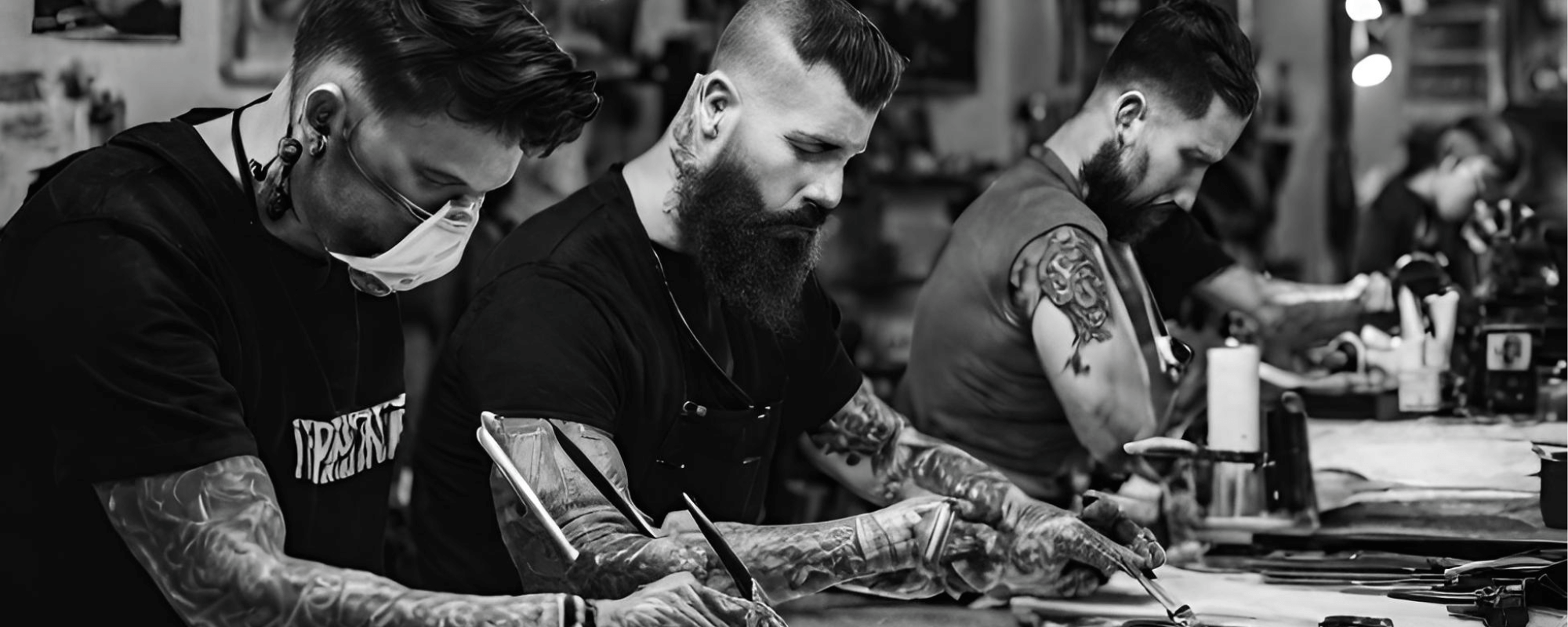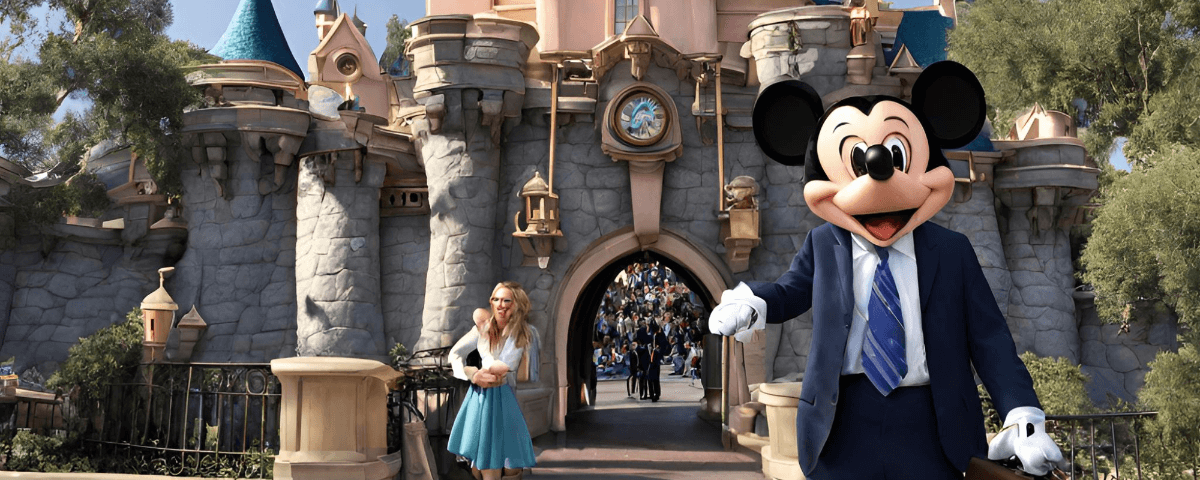Employers Need to Re-Evaluate Non-Compete Agreements Given Recent Legal Changes
Takeaway: Companies need to be careful when using non-compete provisions in agreements, as they are typically non-enforceable.
Recent changes in California law and a vote from the Federal Trade Commission (FTC) have expanded employees’ abilities to challenge noncompete agreements, posing possible challenges for employers, particularly in technology companies and during mergers and acquisitions.
According to the FTC’s recent vote, this rule voids existing noncompetes for non-senior executives and requires employers to notify employees of this change. The rule’s justification is that noncompetes are seen as restrictive, exclusionary, exploitative, and coercive. However, there are concerns about the FTC’s constitutional authority to enact such a rule, leading to legal challenges.
In California law, one specific legal change (S.B. 699) broadens the ban on noncompete agreements to cover out-of-state agreements and allows employees to take legal action against employers who are using unlawful restrictive covenants. It also requires employers to notify affected employees regarding the void nature of such agreements.
Employers should review their existing agreements to ensure compliance with these new laws, especially in merger and acquisition situations where noncompete agreements are often used to protect business interests. Businesses should also consider alternative agreements, like customer no-solicitation agreements, to safeguard trade secrets and intellectual property. Overall, employers need to stay updated on legal changes and take appropriate measures to comply with regulations while protecting their business interests.
Take-Two Prevails in Copyright Suit Over LeBron James Tattoos in NBA 2K Games
Takeaway: A jury ruled in favor of Take-Two Interactive Software in a copyright lawsuit filed by a tattoo artist, who claimed the company infringed upon LeBron James’ tattoos in its NBA 2K video game series due to a lack of originality and an implied license to Lebron James.

After a week-long trial, the verdict concluded that Take-Two possessed an implied license to recreate James’ tattoos, stemming from the agreement between James and the company and that the tattoo designs were based on others’ artwork.
Take-Two’s attorney, Dale Cendali, expressed satisfaction with the verdict, highlighting its broader implications for the entertainment industry and the freedom of individuals with tattoos to share their bodies in media. The case delved into complex legal questions regarding the copyright and ownership of tattoo artwork, particularly in the context of video games and likeness rights. Take-Two had previously faced similar lawsuits over athlete tattoos but had won some cases based on fair use arguments.
Federal Judge Dismisses “Top Gun: Maverick” Copyright Suit Against Paramount Pictures
Takeaway: A California federal judge dismissed a copyright infringement suit against Paramount Pictures Corp. filed by the family of a writer behind the “Top Gun” source material, ruling that the sequel “Top Gun: Maverick” did not substantially resemble the copyrighted material licensed for the original “Top Gun” movie.

A California federal judge dismissed a copyright infringement suit against Paramount Pictures Corp. filed by the family of a writer linked to the original “Top Gun” movie source material. The suit targeted the sequel “Top Gun: Maverick,” alleging substantial similarity to journalist Ehud Yonay’s 1983 magazine article “Top Guns.”
U.S. District Judge Percy Anderson ruled in favor of Paramount, stating that the works are not substantially similar in plot, pacing, themes, characters, and settings. The judge emphasized that factual elements, such as the Navy fighter school and pilot experiences, are unprotectable, as are common scenes like pilots landing on an aircraft carrier or socializing in a bar. Paramount argued that the movie’s content was based on research and interviews, not Yonay’s article, and that the suit targeted unprotectable facts and ideas. The judge also found no breach of contract regarding rights assignment, as the sequel didn’t infringe on the article’s copyright, thus granting summary judgment to Paramount.
The family’s counsel plans to appeal the decision, citing Paramount’s rapid acquisition of copyright rights after the article’s publication and Paramount’s disregard of such rights once Yonay’s family regained them pursuant to copyright law.
Advocacy Group Calls for Lowering Drug Prices Amidst Patent Law Debate
Takeaway: An advocacy group is urging the U.S. government to use patent laws to reduce the price of the prostate cancer drug Xtandi, highlighting substantial pricing gaps between the U.S. and other countries. Patents do incentivize drug innovation, but also keep drug prices high.

An advocacy group, led by James Love of Knowledge Ecology International, is pressing the U.S. government to leverage patent laws to decrease the cost of the prostate cancer medication Xtandi, which is being sold by Pfizer for $136 per pill in the United States. Love’s group points out that the same drug is sold for significantly lower prices elsewhere, such as $22 in Japan and $20.75 in Australia. They argue that Xtandi’s development occurred at UCLA through funding from the U.S. Army and the National Institutes of Health, yet its pricing in the U.S. is disproportionately high compared to other high-income countries.
The letter from Love’s group, cosigned by two other organizations, emphasizes that the patents covering Xtandi are set to expire in 2026 and 2027. The group urges the Centers for Medicare & Medicaid Services to facilitate access to generic versions of enzalutamide, the active ingredient in Xtandi, by providing contracts to qualified drug companies.
The letter lists nine generic drug manufacturers currently producing generic versions of enzalutamide, primarily available in India at prices below $3 per 40 mg capsule. Love’s group argues that the federal agency can legally use the patents for Xtandi due to the research’s origins at UCLA, which received grants from U.S. government entities. Notably, UCLA had initially licensed the patents to Medivation, a biopharmaceutical company later acquired by Pfizer, and sold off its remaining royalty interests for approximately $520 million.
This initiative is part of ongoing efforts to address the affordability and accessibility of taxpayer-funded drugs, aligning with statements from the Biden administration supporting public access to such inventions. Love expresses hope that the current political climate may lead to action regarding Xtandi’s pricing, particularly through discussions on “march-in rights,” a concept concerning the government’s ability to intervene in patent licenses for public interest reasons.
USPTO Guidance Emphasizes Ethical AI Use in Patent and Trademark Filings
Takeaway: USPTO’s recent guidance underscores the ethical responsibility of attorneys using AI in patent and trademark filings, emphasizing accuracy, client confidentiality, human contribution to inventions, and transparency in disclosing AI use.
This month, the U.S. Patent and Trademark Office released guidance emphasizing the need for attorneys using artificial intelligence (AI) in their work to ensure accuracy, maintain client confidentiality, and verify human involvement in inventions. The guidance, aimed at maintaining ethical standards in the AI era, underscores existing rules rather than introducing new policies, emphasizing attorneys’ responsibility to review and certify the accuracy of AI-generated filings. It also addresses concerns such as potential data breaches, the human contribution to inventions created with AI assistance, and the need for transparency in disclosing AI use in patent and trademark applications.
Patent Trial Delayed Over Expert’s Disney World Vacation
Takeaway: Important patent trial faces delay as an expert witness had previously planned and paid for a Disney World vacation with his family, prompting debate over necessity and costliness of rescheduling. Still the happiest place on earth?

A court case involving a patent dispute between SVV Technology and Acer Inc. has encountered a delay request from Acer due to its expert witness, Dr. Zane Coleman, planning a family vacation to Disney World. SVV argued that this vacation is not an extreme circumstance warranting a trial delay, especially considering that the family reunion, cited as part of Coleman’s commitments, was scheduled after the trial.
Acer’s lawyers sought to reschedule the trial to accommodate Coleman’s absence, citing the significant investment in non-refundable Disney World tickets and the hardship it would cause to his family if the trip were canceled. They emphasized the importance of Coleman’s live testimony, stating that his expertise was crucial for the trial. On the other hand, SVV Technology opposed the delay, arguing that Coleman’s vacation to Disney World was not an extreme circumstance warranting a trial rescheduling. They pointed out that the family reunion, mentioned as a reason for the delay, was scheduled after the trial dates, questioning the urgency of Coleman’s absence. They insisted on Coleman’s live testimony in court, rejecting the idea of remote testimony from Disney World.
A decision has not yet been made.
Cislo & Thomas LLP Spotlight
Meet This Year’s International Trademark Association Annual Meeting Team
Cislo & Thomas LLP will be exhibiting at the 146th Annual INTA Conference in Atlanta, Georgia this year from May 18, 2024 through May 22, 2024. The team in attendance will be holding meetings at our Booth No. 454 at the INTA Conference Center. If you plan to attend, please come by and see us!
Meet the team attending below:
Daniel M. Cislo, Esq. | Managing Partner
As a long-time INTA member and attendee, Daniel Cislo is looking forward to seeing old friends and meeting new ones at this year’s INTA conference. With over 4000 filed patent applications, 3000 filed trademark applications, over 500 IP litigations having successfully won or settled over 98% of cases, and has served as a consulting and testifying IP expert in over 22 cases, Dan is excited to once again bring his intellectual property expertise to the international stage.
C. Wook Pak, Esq. | Partner
Wook is our firm’s Chair of the Patent Prosecution Department. He is experienced in all aspects of IP procurement and enforcement, including the preparation and filing of U.S. and International patent applications in a variety of technological areas. After working with our international associates on all types of intellectual property matters, Wook Pak is excited to meet each associate face to face at his first INTA conference.
Katherine M. Bond, Esq. | Partner
Katherine Bond is highly experienced in domestic and international trademark prosecution, opposition proceedings before TTAB, infringement cases in federal court, internet issues i.e. domain name disputes and the UDRP process, and much more. As a first time INTA attendee, she is looking forward to meeting all of our international associates to bring the best international representation to our clients.
Tara Richen | Senior Managing Paralegal
As a long-time INTA attendee, Tara Richen has been with Cislo & Thomas for over 20 years and brings her extensive knowledge of trademark prosecution and our firm’s practices to the INTA annual meeting every year. She is looking forward to seeing familiar faces and meeting new ones!
Christina Ewing | Director of Marketing and Business Development
Christina Ewing has been with Cislo & Thomas for over 10 years and will be attending her 5th INTA annual meeting this year. She is looking forward to bringing the knowledge of the firm’s business practices to the international stage as the premier intellectual property law firm of Southern California.



